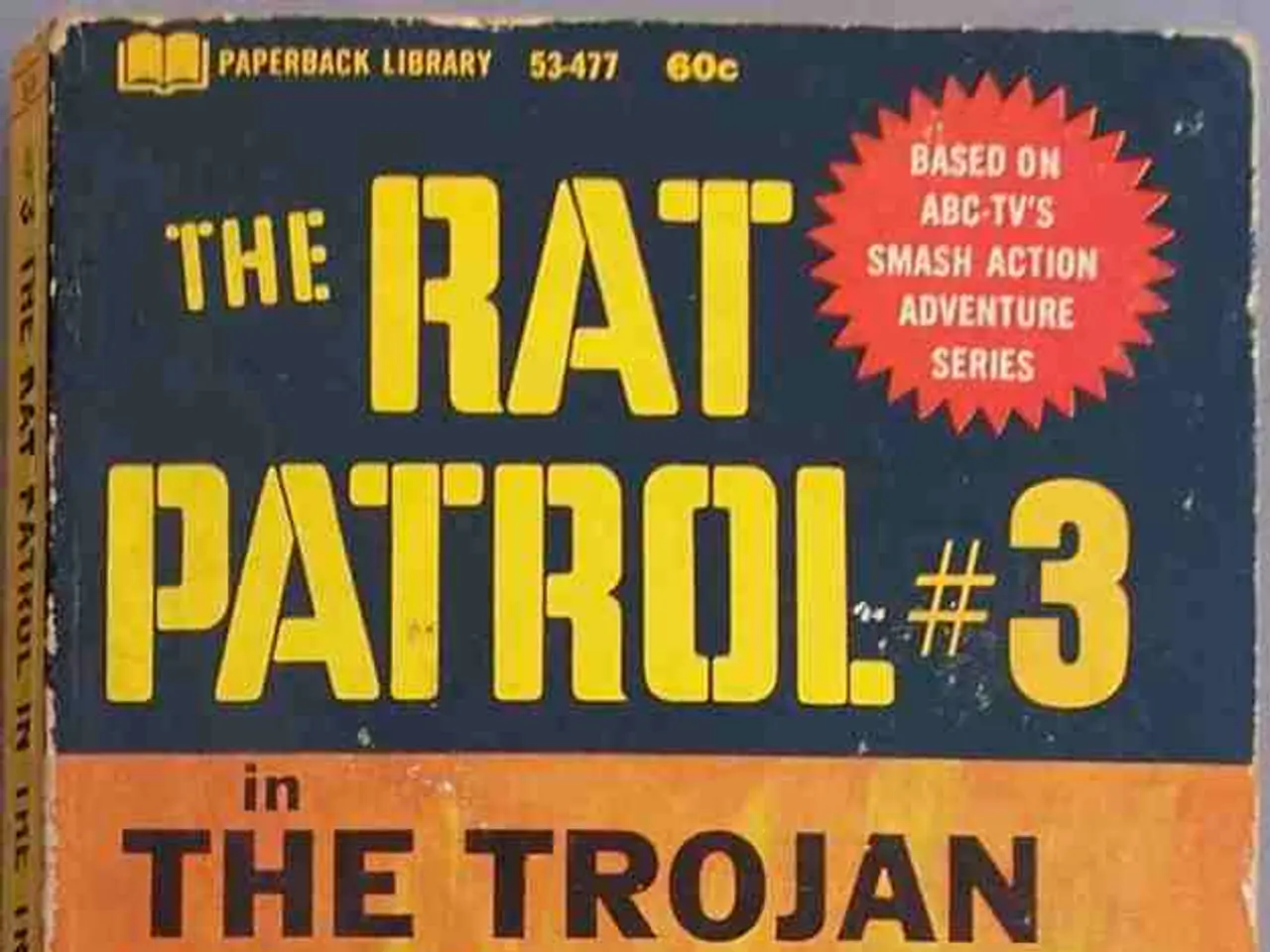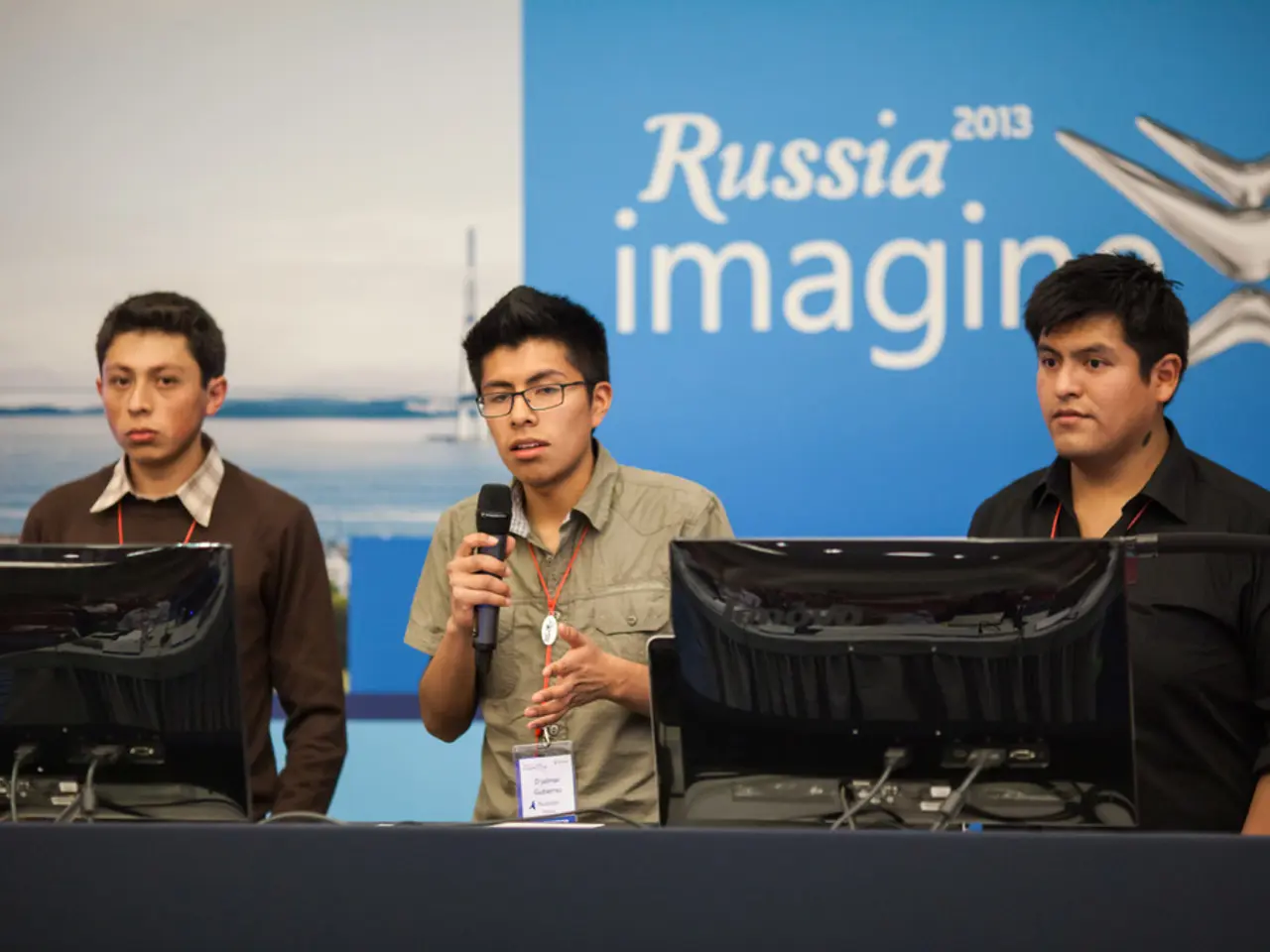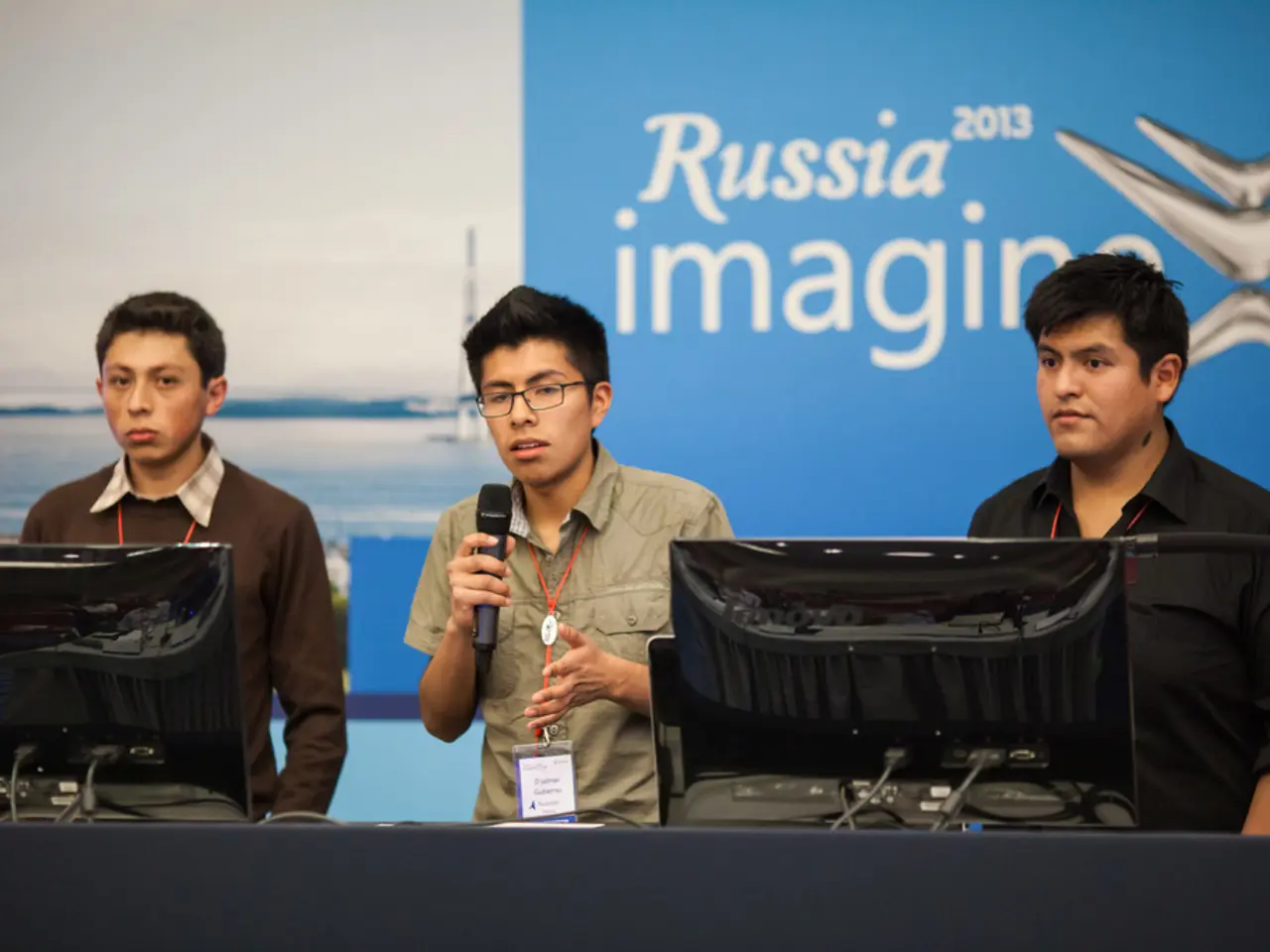Investigating the Practices of Suspected Predatory Groups: Key Questions to Address
In the ongoing investigation into the UK's grooming-gang scandals, the significant role of Pakistani-Mirpuri clans and *biraderi* networks has come to light. These tight-knit, multi-generational communities, often reinforced by cousin marriage, have been found to create an environment where criminal behaviour, such as grooming gangs, can thrive with a degree of protection and reluctance to cooperate with authorities.
Grooming gangs, predominantly composed of men of Pakistani Muslim heritage, particularly those tracing their origins to Mirpur in Azad Kashmir, have been heavily overrepresented in prosecutions related to group-localised child sexual exploitation in the UK. The significant presence of Pakistani-Mirpuri populations near socially and economically deprived white British communities has been identified as a key factor where such grooming-gang activity has flourished.
The *biraderi* system's emphasis on honour and community loyalty can lead to non-cooperation with law enforcement, hindering investigations and allowing abuse to continue for longer periods. This integration failure within British multicultural society is seen as a contributing factor to the crisis, and it has been recognized that the issue must be investigated thoroughly to understand and dismantle the role these clan networks play in facilitating such abuse.
Keir Starmer, the current Labour Party leader, has committed to a national statutory inquiry into the grooming-gangs scandal, aiming to uncover the truth about the scandal and address the hard questions that the establishment won't want to ask. The inquiry must not solely focus on institutional failures but also understand the ethnic and religious composition of Britain's grooming gangs.
Louise Casey's national audit published last month highlighted a pattern of various nationalities and ethnicities involved in grooming-gang activity. However, the disproportionate number of Pakistani heritage men involved in such activity, particularly in cities like Rotherham, Telford, Birmingham, Oxford, and Huddersfield, has been a consistent finding.
It is important to know how grooming gangs are formed, develop, and grow over time. Understanding the role of Pakistani-Mirpuri clans and *biraderi* networks in this process is crucial to dismantling these criminal networks and protecting vulnerable children from abuse. The ongoing small-boats emergency has been connected to grooming-gang activity, underscoring the urgency of addressing this issue.
In summary, Pakistani-Mirpuri clans and *biraderi* networks contribute to grooming-gang activity in the UK by fostering environments of secrecy and loyalty that protect perpetrators, complicate law enforcement efforts, and perpetuate cycles of abuse, particularly within communities marked by social deprivation and cultural codes that prioritize honour and family reputation. A robust, thorough, and comprehensive national inquiry into grooming gangs is long overdue and essential to understanding and addressing this complex issue.
- Identity politics and culture intersect in the ongoing debate surrounding the role of Pakistani-Mirpuri clans and biraderi networks in facilitating grooming-gang activity in the UK.
- The crisis of grooming gangs in the UK is not solely about politics but also about the ethnic and religious composition of the offenders, with a significant presence of Pakistani heritage men identified in various cities.
- Despite the focus on general-news and crime-and-justice, the issue of grooming gangs is deeply entwined with the intricacies of cancel culture, as the failure to address and investigate these networks effectively has allowed abuse to continue unchecked for extended periods.







